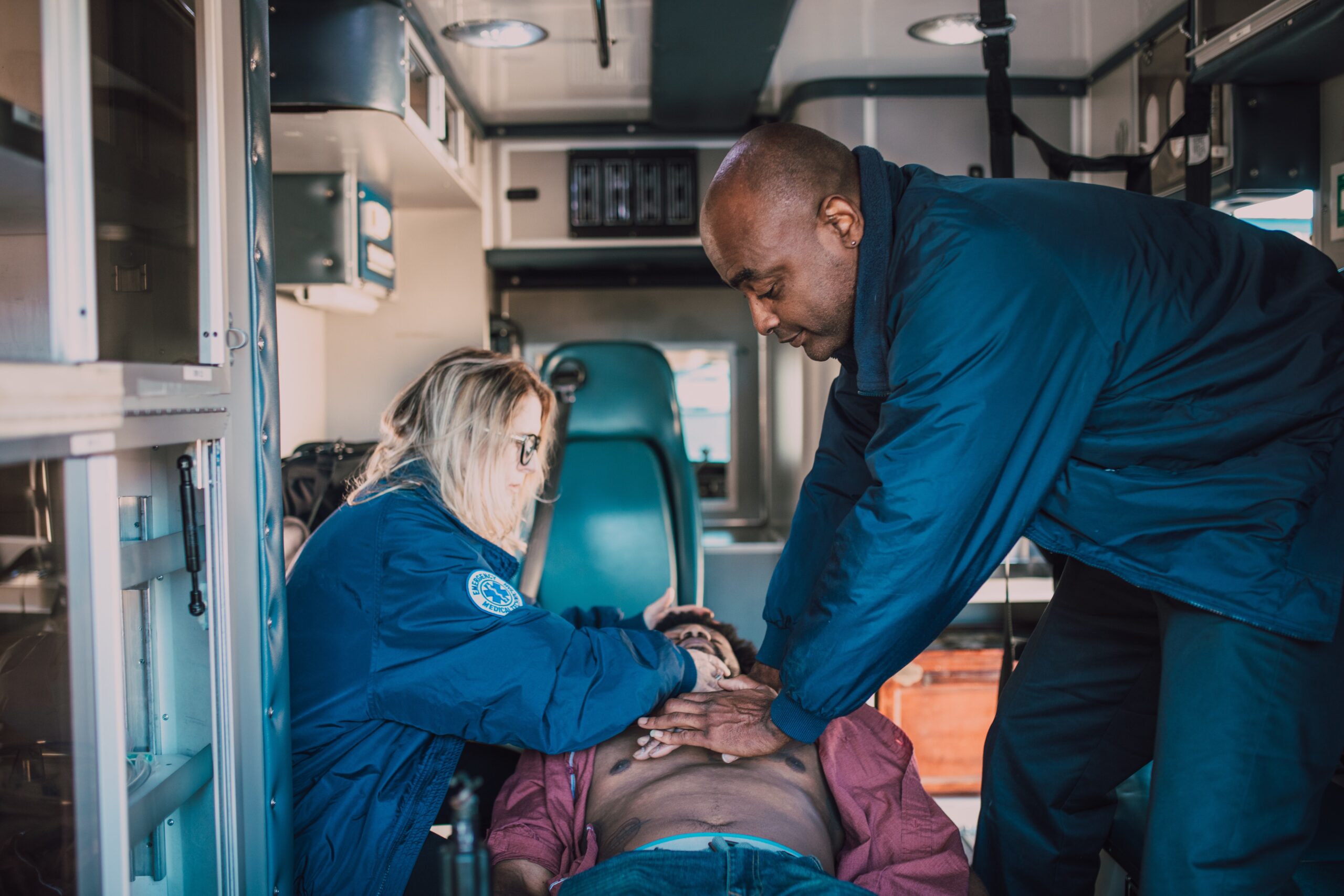Workplace accidents can happen anywhere and anytime without a warning, and the implications are often grave. Not surprisingly, businesses in Australia are taking employee safety more seriously than ever. Besides safety policies and workforce awareness, first aid training for employees is an essential investment for organizations of all sizes. But some industries are inherently riskier, and business owners need to go the extra mile with first aid education. They have to include CPR training for employees in their safety programs. CPR education is desirable for all businesses, but it is non-negotiable for some. Let us list the industries that can derive immense benefits from this investment.
Medical Practices
Hospitals and clinics have trained emergency workers and medical practitioners around at all times. It is easy to think that you can skip CPR awareness for receptionists or other staff members. But training can definitely help in emergencies such as a cardiac event in the waiting area. Likewise, the practice may get heavy influx if there is an accident or natural calamity in the area. Any staff member who can help struggling patients is an asset to the practice. Doctors and nurses may take several minutes to reach the patient. Having someone who can help on the spot can save precious lives.
Childcare Centers
Childcare centers are fraught with risks because little ones can do something unnoticed. Imagine a kid choking when they ingest a toy part or a large piece of food. You cannot be too cautious when working with them. It makes sense to have trained CPR professionals to handle unexpected events. Daycare providers, teachers, and paraprofessionals should be CPR and First Aid certified. Likewise, childcare workers outside center settings need to learn the skills because they also manage toddlers and kids of different ages. These include nannies, babysitters, coaches, scout leaders, and camp counselors.
Law Enforcement
Law enforcement professionals encounter dangerous situations more than once. They may face them in police stations and accident sites. Medical help may not be available immediately, but these professionals are often around. Agencies have to train them to administer first aid and CPR so that they have life-saving skills. Security agencies and the firefighting department should also include it in their essential skill development programs for employees.
Fitness Centers
Fitness centers are a high-risk domain as chances of cardiac arrests run high when physical activity is involved. At times, such events may take victims and instructors by surprise. Ensuring that your fitness instructors, personal trainers, and yoga teachers have relevant life-saving skills makes sense. Center owners can go the extra mile by training the other gym staff such as front desk personnel and cleaners. A skilled person can offer help just in time because medical care may not be available right away.
Retail and Hospitality
Retail and hospitality businesses need to go the extra mile for the safety of shoppers and guests. Although CPR training is not mandatory, providing it to store managers, restaurant chefs, and waiting staff is a good idea. If you own a store or eatery in Perth, find the best CPR course perth to empower your team with relevant skills. They will probably end up saving a life or two in situations like choking, slip and fall accidents, heart attacks, and stroke emergencies. Keeping staff prepared is a proactive measure to keep everyone on the business premises safe and healthy.
Aviation
Flight attendants have to ensure the comfort of passengers on board, but safety is the most crucial part of their jobs. Airlines cannot count a nurse or paramedic being on every flight. However, medical emergencies can happen anytime, so being ready with the right skills can save lives. CPR certification for flight attendants can be a life-saving measure. Aspiring professionals can even train on their own to increase their employability. Aviation companies must integrate these courses with regular training programs.
Construction
Construction is a high-risk industry as there are numerous hazards on-site. Workers pour cement, operate complex machinery, and haul heavy materials. The threats of accidents abound in such a risky environment. At the same time, medical emergencies can happen due to the physically demanding conditions in a high-risk workplace. First aid training is a must for construction employees. Ensuring that your team has CPR education is a wise idea as it prepares them for any situation.
Social Work and Counseling
Social workers and counselors deal with people handling stressful and difficult life events. Stress makes them susceptible to health issues like hypertension and heart disease. There are good chances of encountering a situation when a client suffers from a sudden heart attack during a session. Being armed with CPR training enables these professionals to provide immediate help to victims. Every minute matters during cardiac events, and quick action can save lives.
Prison and Correctional Facilities
Surprisingly, staff in prisons and correctional facilities also require safety training. They are responsible for supervising inmate activities, enforcing rules, and aiding in rehabilitation. Further, they have to handle hazardous situations like weapons, violence, brawls, and contraband. Having people of all ages and demographics also elevates the risk of medical emergencies in prison settings. CPR education is an asset for jail staff as they will know how to deal with a cardiac emergency at work.
Lifeguards
Beaches are swimming pools are places where people have a good time, but they are risky because accidents like drowning and slip and fall are common. Lifeguards play a crucial role in saving people inside and outside the water. CPR training is essential to handle drowning mishaps and other accidents. They must also know infant and child CPR because it differs from the adult procedure.
Medical emergencies can happen anytime, but help may not be at hand. Getting immediate assistance can be life-saving in such situations. It is possible only if you have skilled and qualified people around. Businesses can do their bit for the safety of employees and visitors by training employees to handle emergencies. Think beyond first aid and add CPR training to your checklist.










